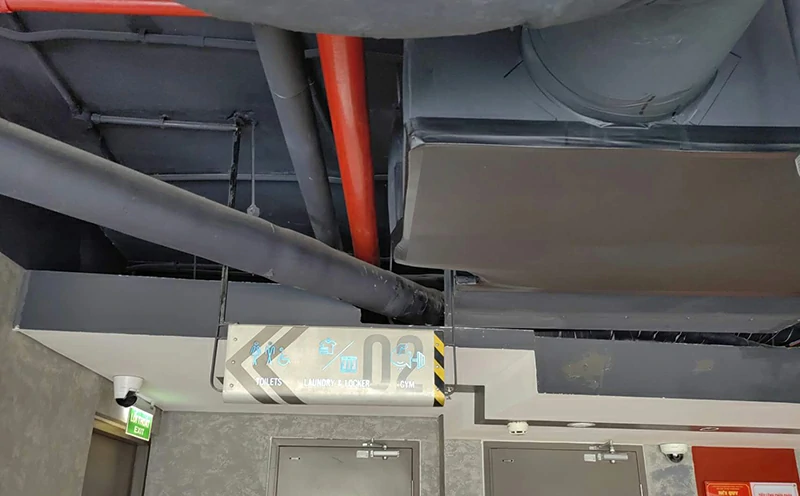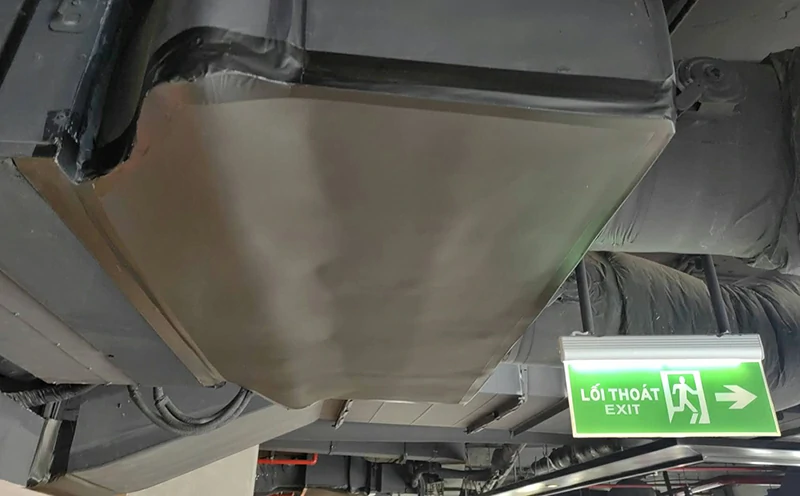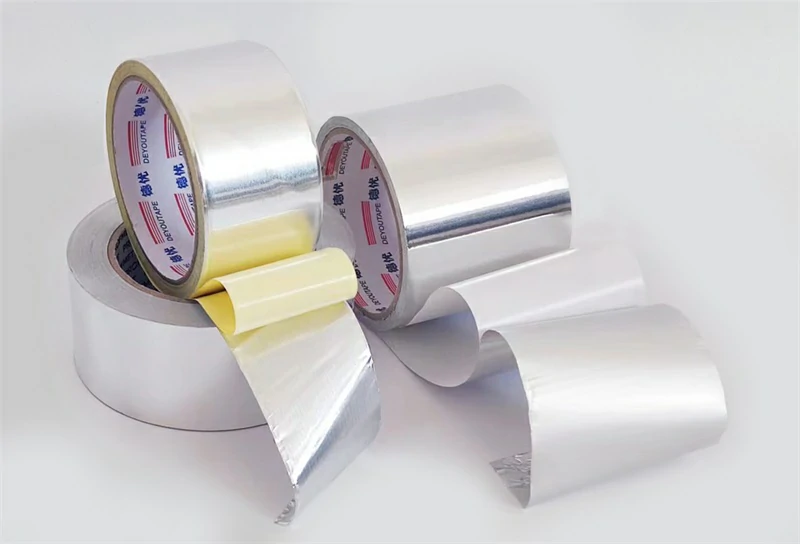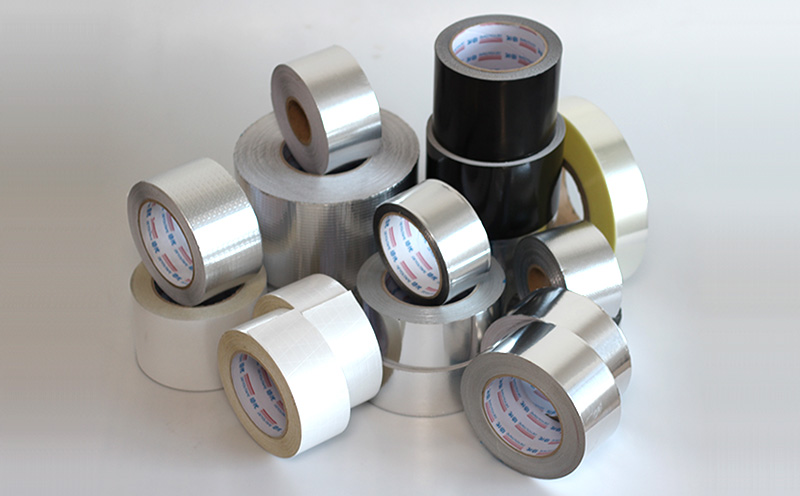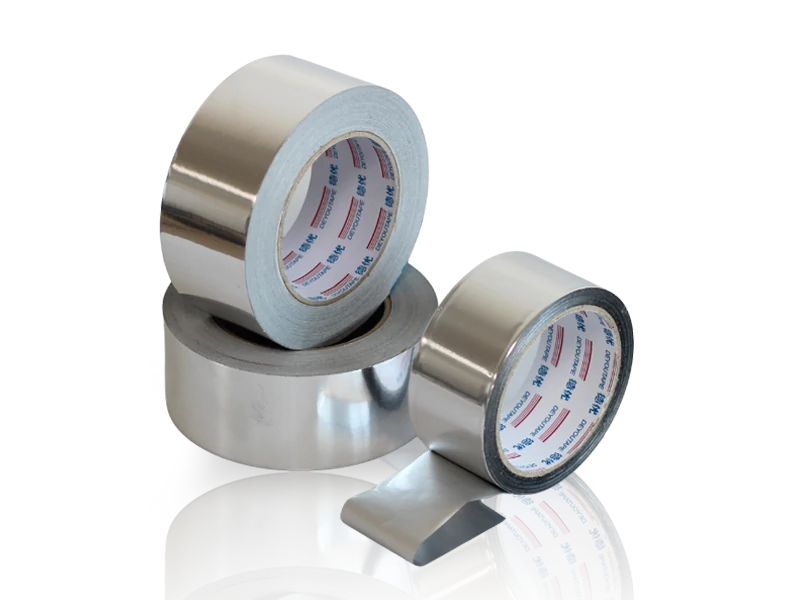-
Can you use Aluminum Foil Tape on Ductworks
Yes, aluminum foil tape is a common and effective way to seal ductwork in HVAC systems. Its reflective properties, durability, and ease of application make it a popular choice for improving energy efficiency and reducing noise transmission.
Aluminum foil tape can help to:
Seal air leaks: Prevent conditioned air from escaping, reducing energy costs.
Insulate ducts: Reduce heat loss or gain, improving system efficiency.
Reduce noise: Dampen noise transmission through ductwork.
Protect against moisture: Create a barrier against condensation and corrosion. 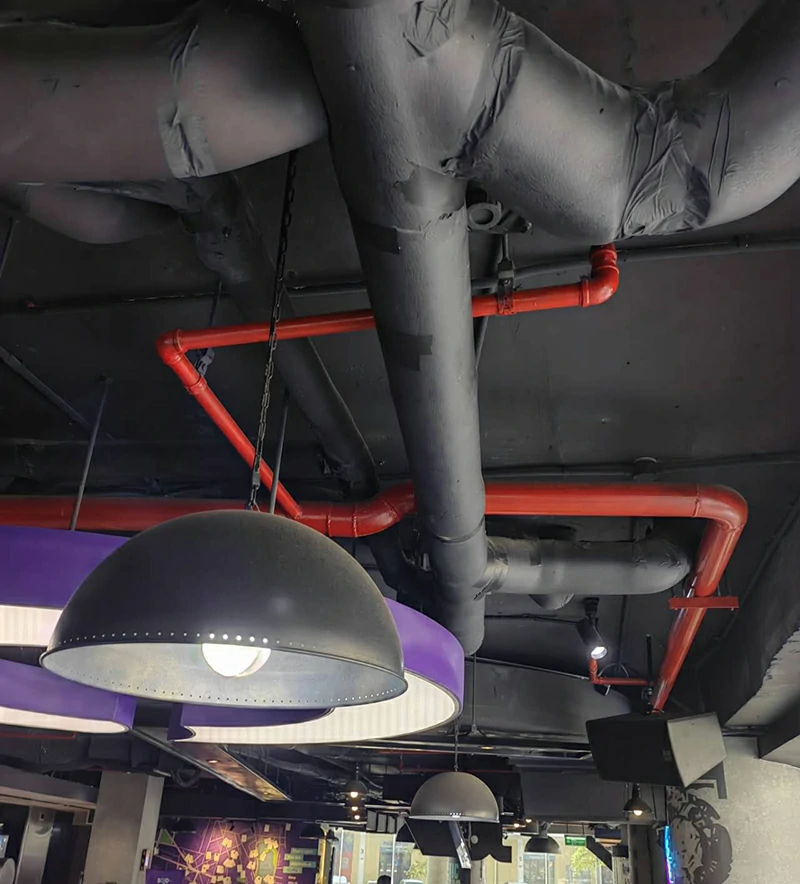
What type of foil tape is used for HVAC?
Aluminum foil tape is the most commonly used type of tape for HVAC ductwork. Its reflective properties, durability, and ease of application make it an ideal choice for sealing air leaks and improving energy efficiency.
There are several types of aluminum foil tape available, each with its own specific characteristics:
Butyral Rubber-Based Tape: Offers good adhesion and moisture resistance, making it a popular choice for HVAC applications.
Silicone-Based Tape: Provides excellent heat resistance and flexibility, suitable for high-temperature environments.
High-Temperature Tape: Specifically designed for HVAC applications, these tapes can withstand temperatures up to 400°F or higher.
When choosing aluminum foil tape for HVAC applications, consider the specific requirements of your system, such as the operating temperature and the types of materials being used.
What type of foil tape is used for HVAC?
Aluminum foil tape is generally considered a better choice for HVAC ductwork than regular duct tape.
| Feature | Aluminum Foil Tape | Regular Duct Tape |
| Reflectivity | High | Low |
| Heat Resistance | High | Moderate |
| Moisture Resistance | High | Moderate |
| Durability | High | Moderate |
| Cost | Higher | Lower |
Aluminum foil tape offers several advantages, including:
- Improved energy efficiency: Its reflective properties help to reduce heat loss or gain in ductwork, leading to lower energy bills.
- Reduced noise: Can help to dampen noise transmission through ductwork.
- Moisture barrier: Provides a barrier against moisture and condensation.
- Durability: More resistant to tearing and other damage.
- While regular duct tape can also be used for sealing ductwork, it may not be as effective in terms of insulation, durability, or moisture resistance.

